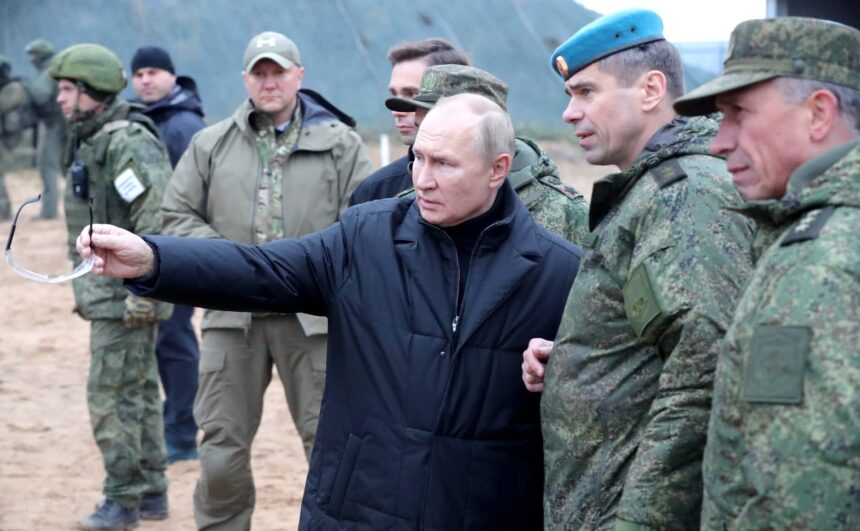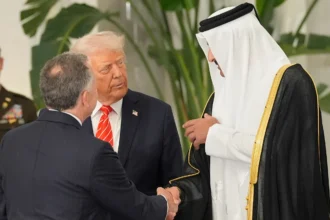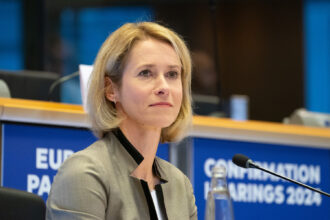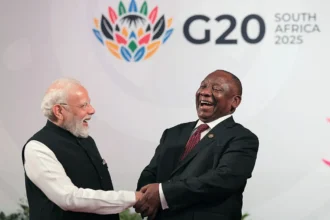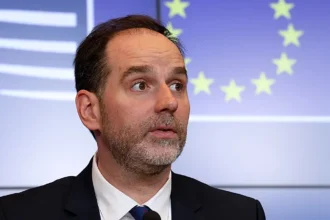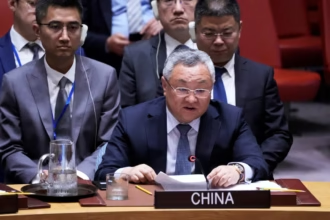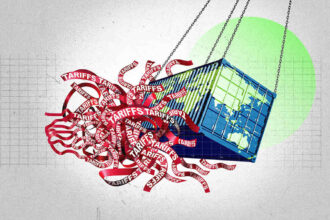In the ongoing war in Ukraine, perception has become as critical as battlefield gains. As the conflict drags into its third year, Russia has ramped up efforts to shape global narratives — particularly targeting Western audiences — in an attempt to project an image of strategic dominance and inevitable victory.
Despite enduring heavy losses, facing unprecedented international sanctions, and encountering fierce Ukrainian resistance, Moscow is intensifying a multi-pronged propaganda campaign. Its goal: to convince the world, especially the West, that Russia is in control and that Ukraine’s defeat is only a matter of time.
The Tools of Influence
Russia’s messaging machine uses state media, diplomatic channels, and a network of online influencers and bots to push a consistent theme — that the West is tired of supporting Ukraine, Kyiv is losing ground, and Russia’s military has adapted and regained momentum.
Kremlin-backed media outlets amplify reports of Ukrainian setbacks while downplaying or ignoring Russia’s own losses. Narratives suggesting a fractured NATO, rising dissent among European populations, and U.S. political fatigue are designed to erode public support for Ukraine in Western countries.
Battlefield Reality vs. Propaganda
On the ground, the war remains fluid. While Russia has made incremental territorial gains in the east, Ukraine continues to hold key positions and mount counteroffensives. Western intelligence reports and independent observers note that Russia’s advances have come at great cost, with estimates of troop casualties surpassing hundreds of thousands.
Still, Moscow’s messaging tries to paint each minor gain as a major breakthrough, often exaggerating battlefield wins or prematurely declaring control over contested areas.
Why Russia Needs the Illusion of Victory
Internally, the narrative of success is essential for maintaining public support. After a year of mobilizations, economic strain, and a high human toll, the Kremlin needs to assure the Russian population that the war is achieving results.
Externally, the perception of Russian strength serves a strategic purpose: to weaken international unity around Ukraine. By portraying the conflict as unwinnable, Russia hopes to pressure Western governments to reduce military aid, discourage further sanctions, and push for negotiations on Moscow’s terms.
Western Response and Resilience
Western leaders are aware of this information warfare. NATO officials and Ukrainian allies have consistently called out disinformation campaigns and emphasized the need for long-term support. While political divisions exist, particularly in the U.S., core support for Ukraine among most European nations remains firm.
The challenge for Ukraine and its allies is not just to counter Russian military moves, but also to expose and neutralize the psychological war being waged online and in the media.
Conclusion
Russia’s push to convince the West of its impending victory in Ukraine is less about actual progress and more about manipulating perception. The war’s outcome is far from decided, and while Russia plays the long game of attrition and disinformation, Ukraine and its allies are tasked with maintaining unity, truth, and strategic patience in the face of a powerful narrative machine.

